Exact Answer: At least 4 weeks
Sinus surgery is performed on those who suffer from frequent sinus infections, or those with concerning growths and structures that are in the sinus region. Sinus surgeries are the last resort if medication and other treatments do not work out successfully.
The sinus surgery essentially opens up the sinus pathways and removes any blockages that prevent the patient from breathing properly. There are many types of sinus surgeries depending on the process of performing them. The different types include Function endoscopic sinus surgery or FESS, Balloon sinuplasty, Image-guided endoscopic sinus surgery, and the Caldwell-Luc procedure.
You will be advised to follow the doctor’s instructions regarding your post-op care, so you can heal effectively.
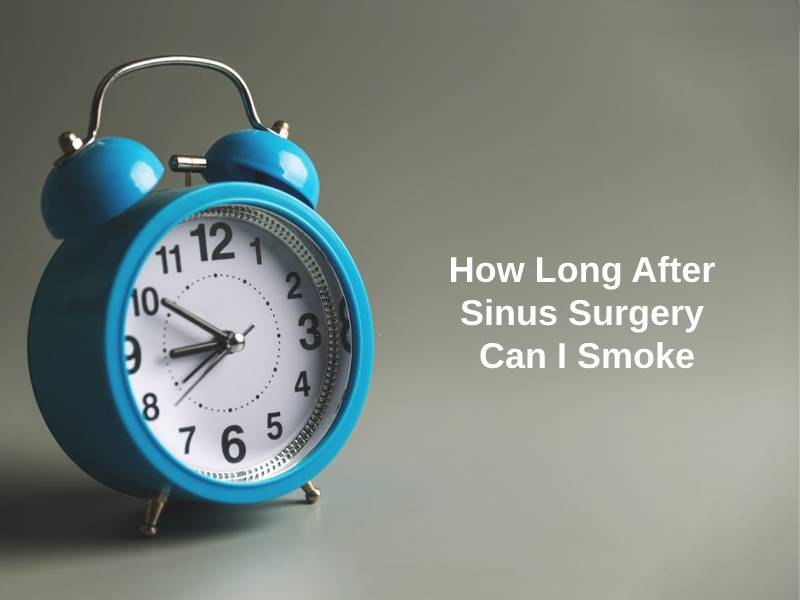
How Long After Sinus Surgery Can I Smoke?
| Objective | Answer |
| Why is sinus surgery performed? | To clear and remove anything that blocks the nasal passages |
| Conditions for which sinus surgery is performed | Nasal polyps, sinusitis, deviated septum, growths, tumors, infections, allergies, and more |
| Waiting time to smoke after sinus surgery | At least 4 weeks |
| Duration for which you should not smoke before surgery | 4 weeks |
Inside the skull, there are cavities that are located around the nose, eyes, and in the front portion of the person’s face. These cavities are known as sinuses. These result in a lighter skull. In addition, sinuses generate mucus which is responsible for producing moisture in the nasal pathways. Moreover, mucus protects the lungs as it helps pull away from dangerous and unpleasant particles such as dirt, pollutants, and organisms that could cause infections. Because sinuses have a lining of hair-like cells called cilia, this helps drain the mucus across the nasal passages and push it into the nose.
Sometimes, the pathways to and out of the sinuses can get blocked. This prevents the proper drainage of mucus. The pathways may be blocked due to inflamed and damaged tissue, nasal polyps, bone pieces, tumors, mucous membranes, and more.
Sinusitis is a condition that makes the passages of the nasal region swell up, and cause an infection. Someone who is suffering from sinusitis may experience a stuffed nose, coughs, pressure in the forehead, eyes, and nose, discolored and thick drainage from the nose, congestion of the head, blocked ears, and more.
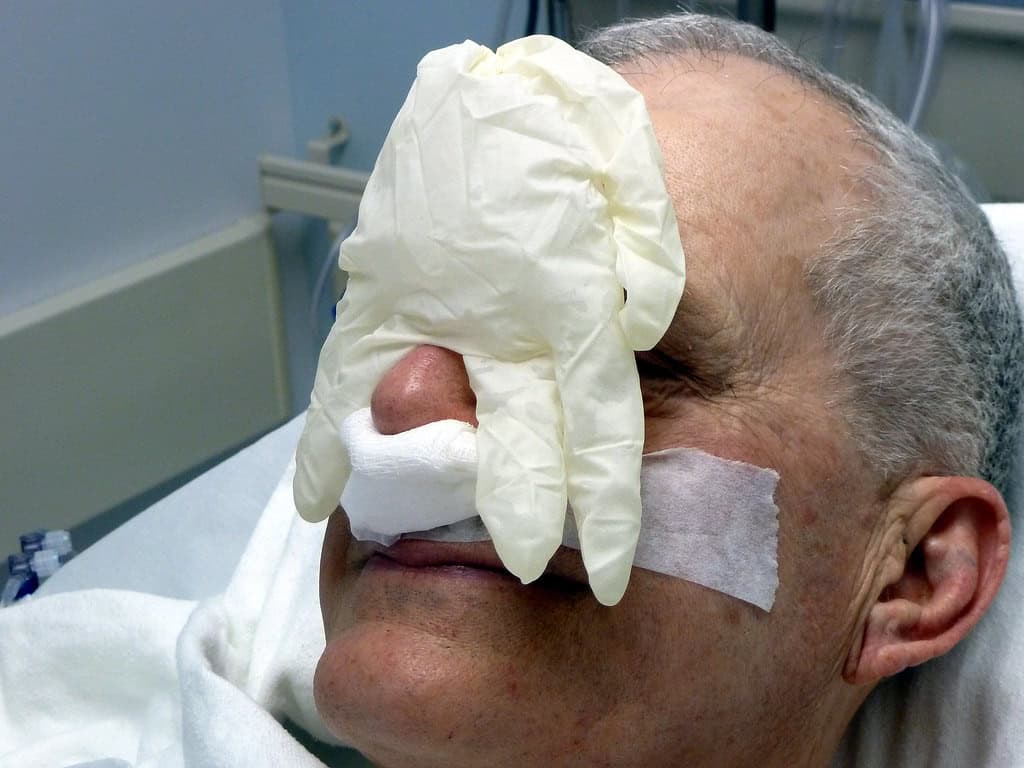
Nasal polyps occur when the lining of the nasal pathways becomes swollen up in certain regions. They are in the shape of a teardrop. When you have many nasal polyps, you may suffer from breathing difficulties and an inability to smell properly. Also, you may be more susceptible to infections as polyps can block sinuses too.
These are a few of the many reasons why someone may require sinus surgery. Sinus surgery will help remove the blockage in the nasal pathways.
After sinus surgery, you will be asked to wait at least 4 weeks before you begin smoking.
Why Does It Take That Long To Smoke After Sinus Surgery?
There are different types of sinus surgery. The first one is FESS or functional endoscopic sinus surgery. The surgeon uses a thin and illuminated fiber-optic tube known as an endoscope, to insert it into the nose in order to come into contact with the sinus openings. Next, surgical tools and micro-telescopes are sent down the endoscope, to perform the surgery. Using the surgical instruments, the surgeon removes the blockages and any tissue that is obstructing breathing. Because this happens through the nostrils, there will be very little scarring and swelling.
Similarly, the image-guided endoscopic procedure uses an approximately three-dimensional system to map the position of the tools used to perform the surgery. The 3D mapping system implements infrared signals and CT scans. This provides an additional navigation method that is effective and modern.
The Caldwell-Luc procedure is done when you have abnormal growths located in the sinuses. After making an incision in the upper jaw, the surgeon enters the cavity and makes a pathway that helps in drainage, between the sinus known as the maxillary sinus and the nose.
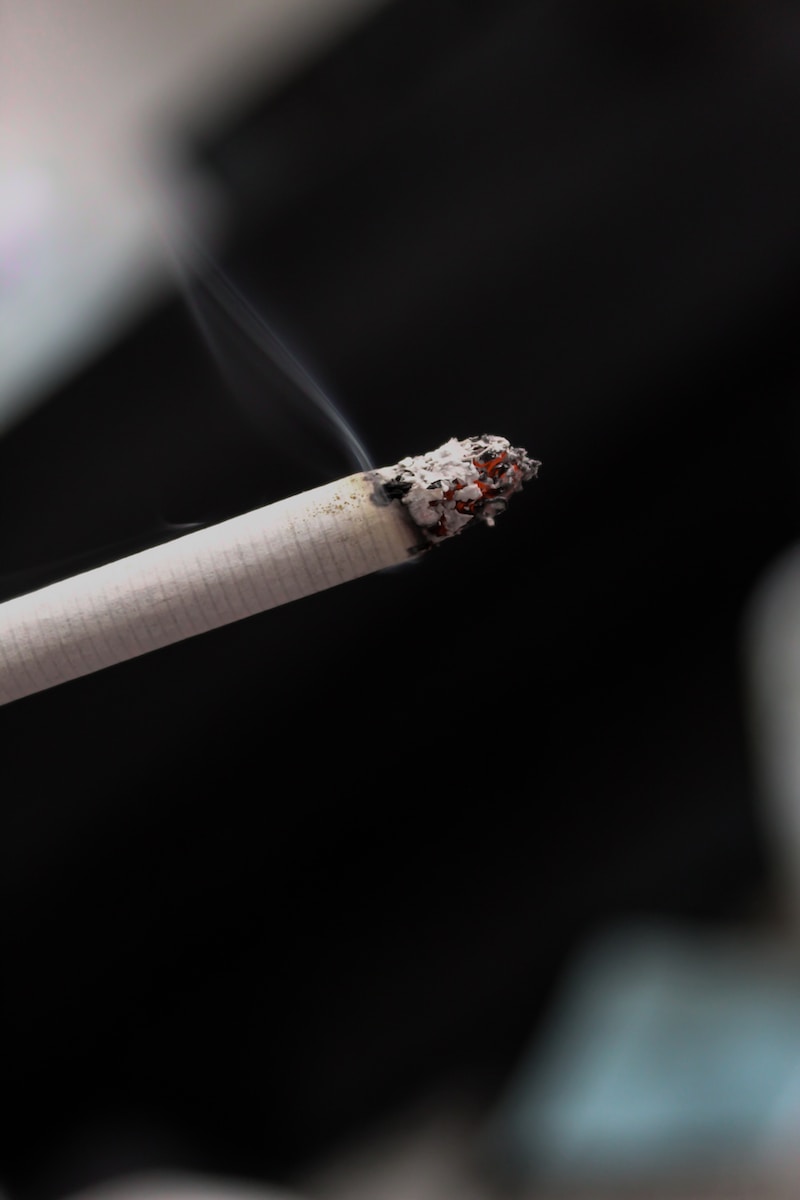
Balloon sinuplasty makes use of a balloon that is attached to one end of a thin tube that is inserted into the nose. Once it reaches the area of the nose that is blocked, it is then inflated to clear out the pathways. This aids in better drainage.
After the surgery takes place, the insides of your nasal pathways will be irritated and will be on the road to recovery. Smoking within the first 4 weeks after surgery can greatly impact the healing of the nasal passages. In addition, smoking results in an increased amount of scar tissue. This will ultimately slow down your recovery and may even lead to a failure of the sinus surgery. Smoking increases scar tissue by narrowing the blood vessels that supply nutrients, healing factors, and oxygen to the injury. This results in slower healing and extended pain. It also stimulates the platelets to develop into clots by clumping. These clots once again block the blood vessels that are essential for recovery.
Conclusion
In conclusion, you will be asked not to smoke for 4 weeks before your sinus surgery and at least 4 weeks after your sinus surgery. This is to prevent excessive scar tissue and thus help you heal quicker and successfully.
Recovery from this surgery can vary depending on the health of the patient and their age and other factors. In addition, the patient may need to lay low and make a few changes in their everyday lifestyle for at least 2 weeks after undergoing the sinus surgery.
The doctor will prescribe antibiotics, saline rinses, and steroids to help ease the discomfort and promote faster healing.

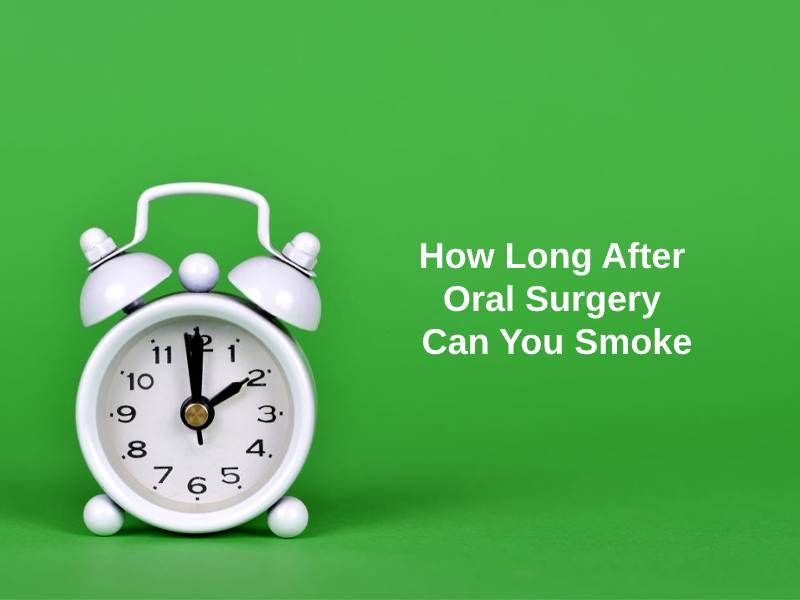
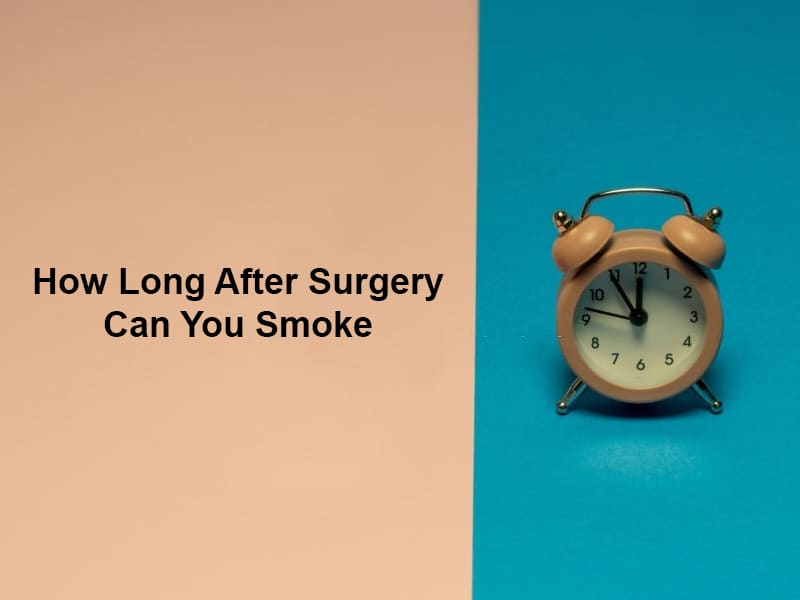
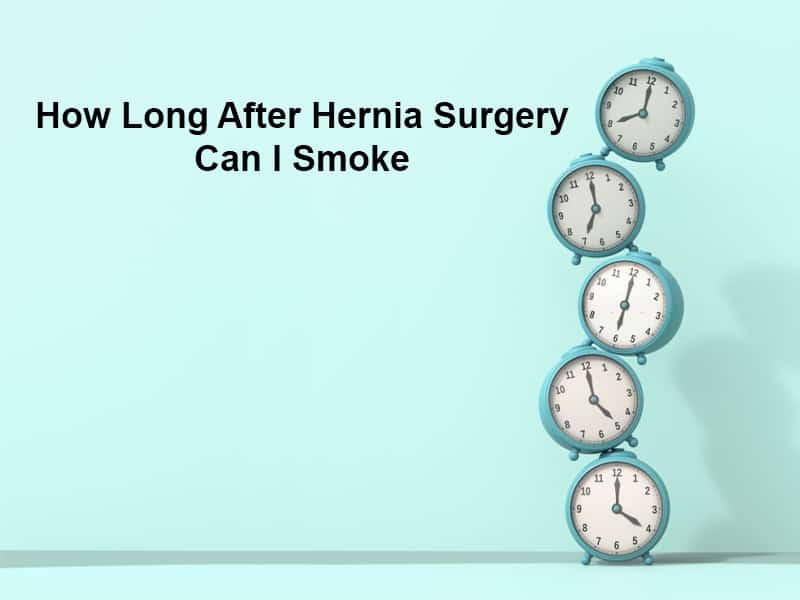
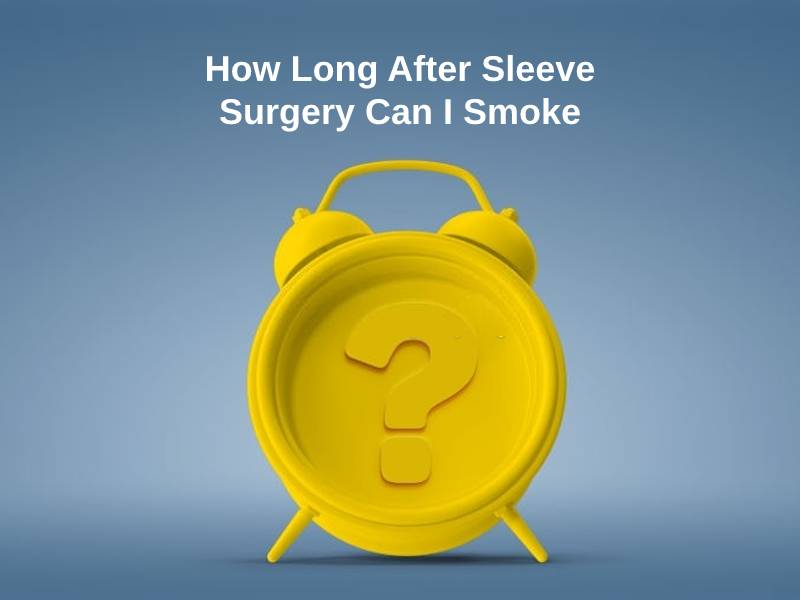
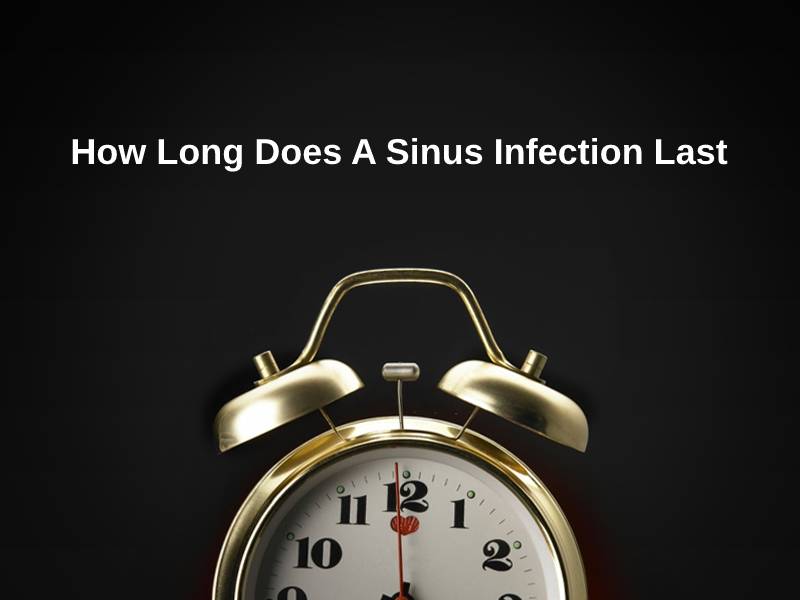
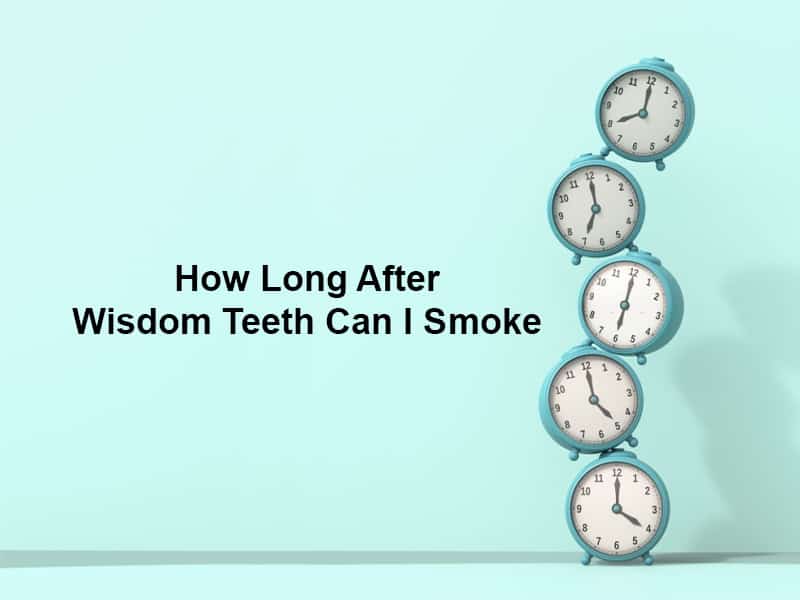
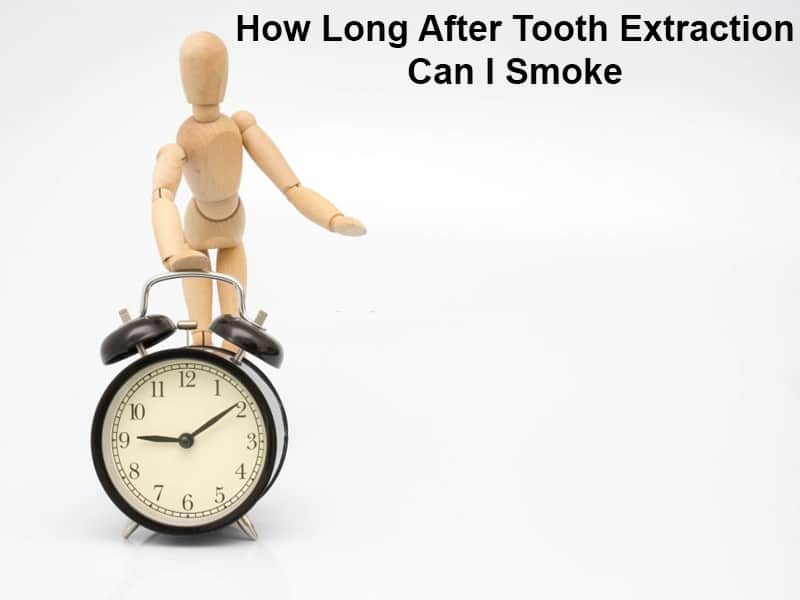
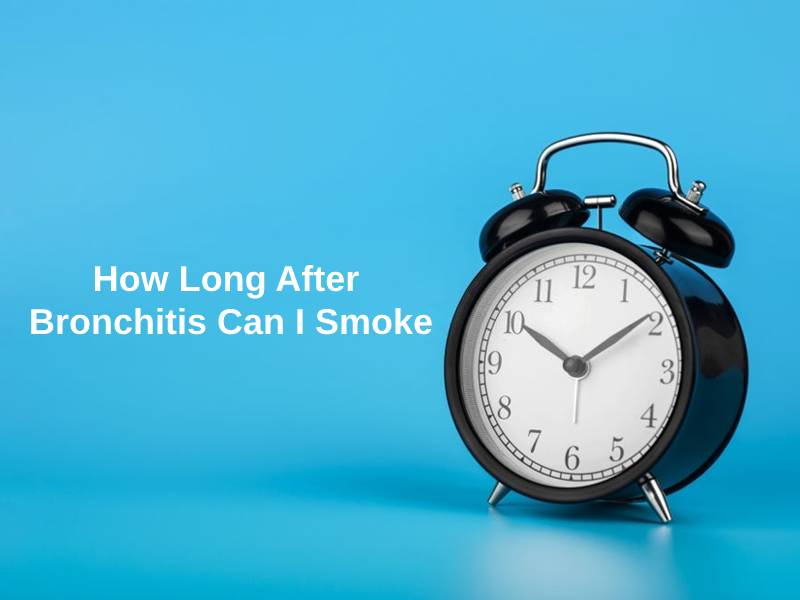
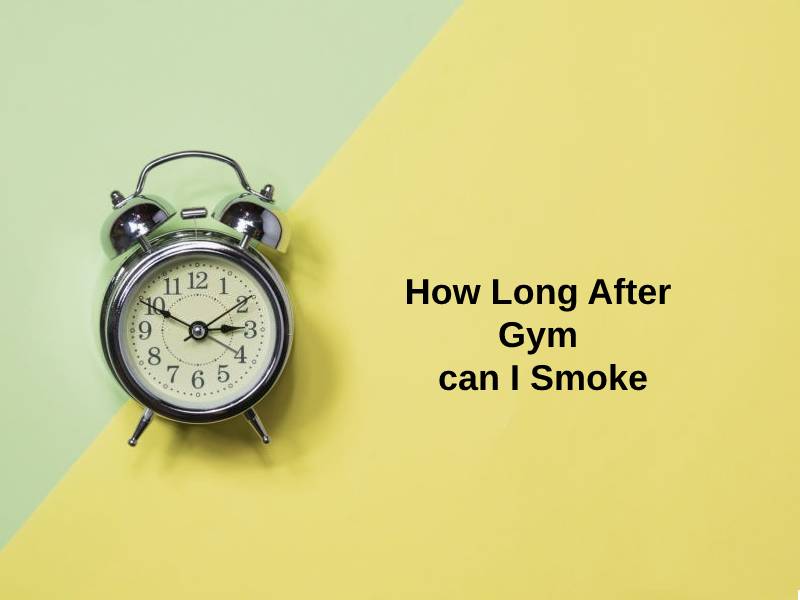
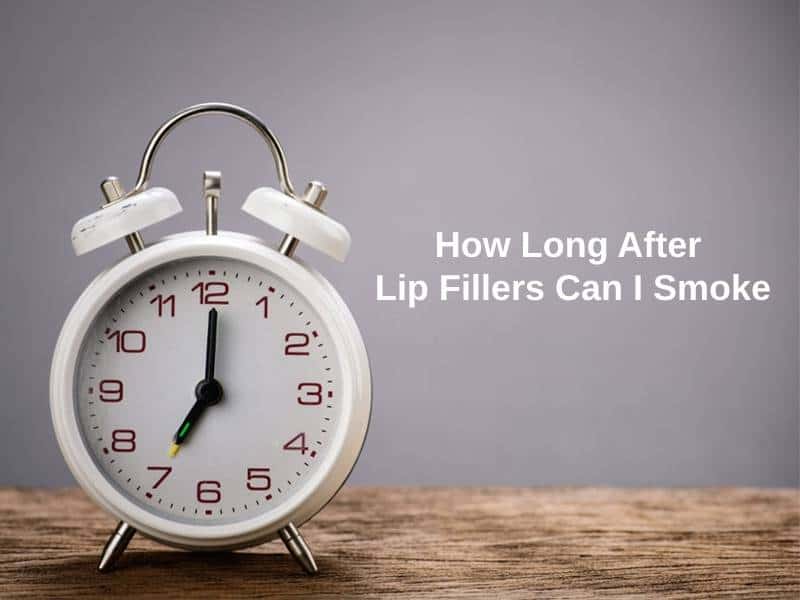
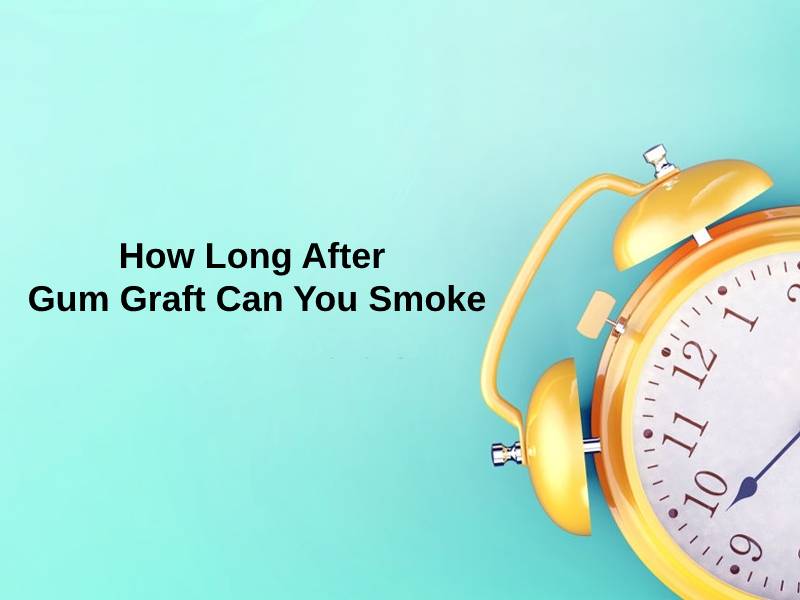

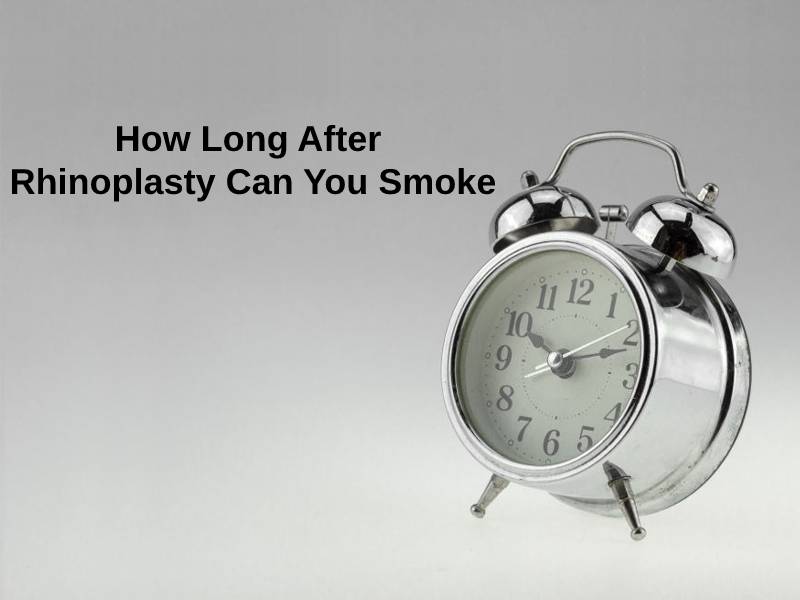
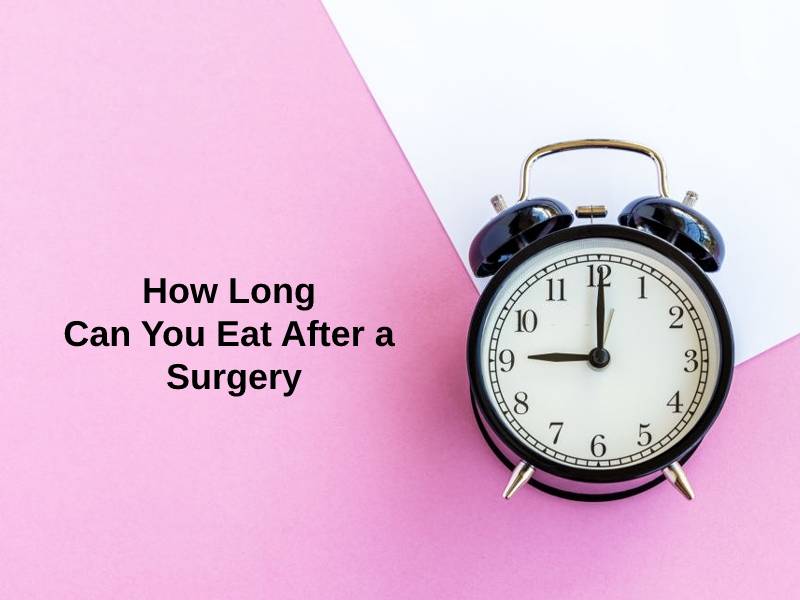
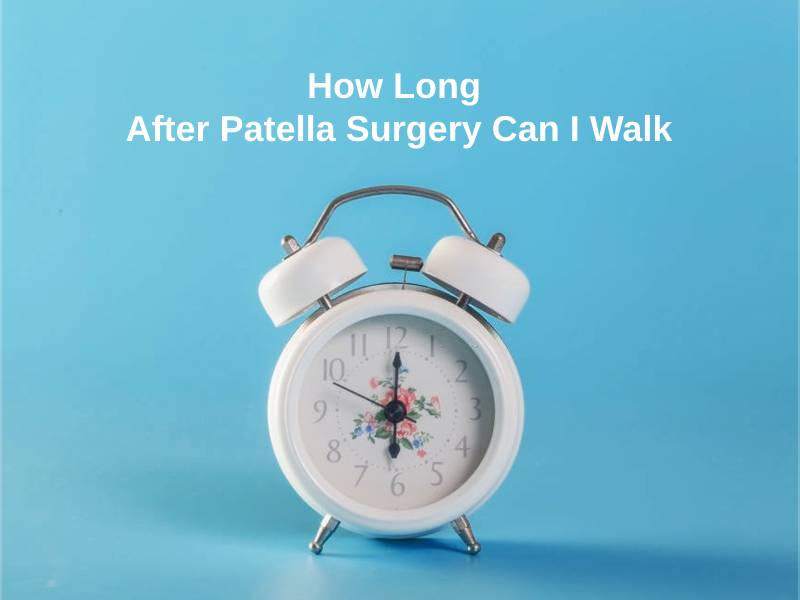


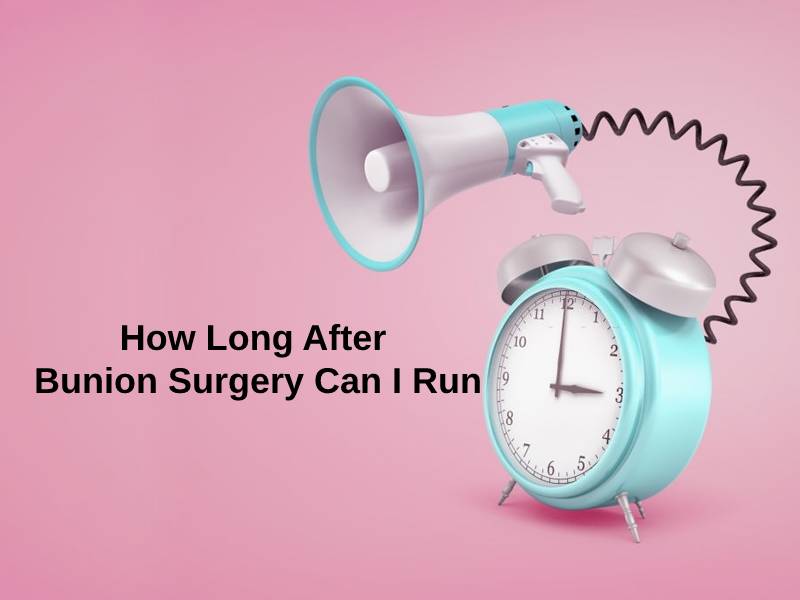
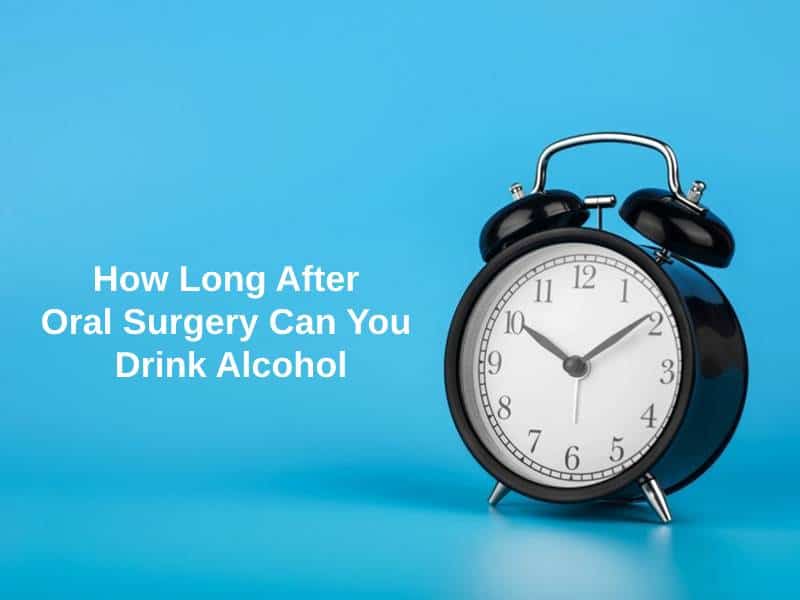
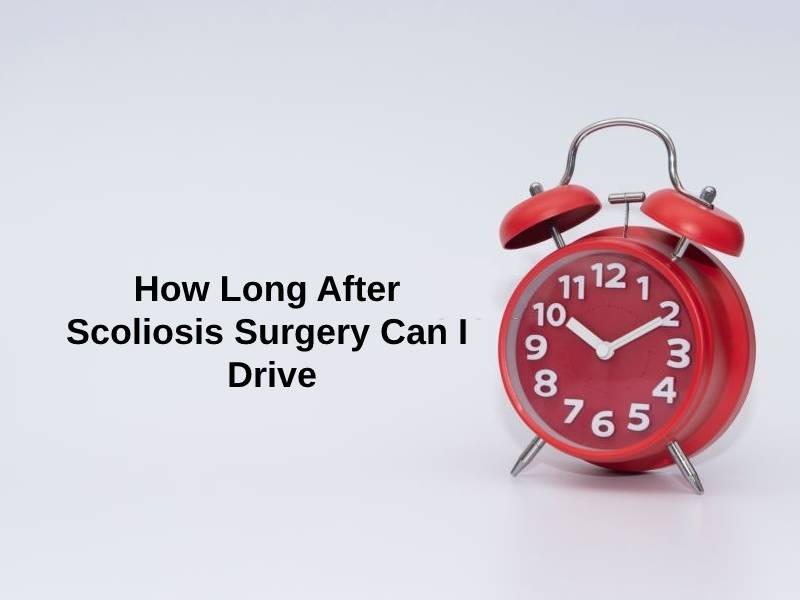
The information provided about the sinus cavity and the purpose of mucus was fascinating. It’s always interesting to learn more about the human body.
I completely agree. The human body is truly incredible.
The details about the different sinus surgeries were presented with great precision. It’s clear that a lot of effort went into this article.
Absolutely, the level of detail is impressive.
This article provides a comprehensive overview of sinus surgery, including the reasons for the procedure and the different types of surgeries available. Very informative!
I agree, it’s great to have all this information in one place!
I found the explanations of the different types of surgeries very clear and easy to follow. Great article!
I couldn’t agree more. The clarity of the information is commendable.
I found the section on the reasons for sinus surgery very compelling. It’s important for patients to be aware of the conditions that may lead to this type of intervention.
Absolutely, knowledge is key in managing one’s health.
Definitely, it’s crucial for patients to be well-informed.
I had no idea that nasal polyps could have such an impact on breathing and smell. This post has been very eye-opening.
Definitely, it’s important to stay informed about these health issues.
It’s amazing what we can learn from these articles.
I never knew there were so many different types of sinus surgeries. This article has enlightened me.
I had the same reaction! It’s amazing how much goes into these procedures.
I appreciate the detailed explanation of why smoking should be avoided for at least 4 weeks after sinus surgery. It’s important to understand the reasons behind medical advice.
Absolutely, having that knowledge can make a big difference in following post-op care.
The emphasis on the importance of post-op care and the reasons for avoiding smoking for 4 weeks is crucial. It’s great to see this highlighted in the article.
Absolutely, it’s important for patients to understand the recovery process fully.
Definitely, it’s essential for informed decision-making.
The description of the different types of sinus surgeries was extremely detailed. It’s helpful for those considering these procedures.
Absolutely, understanding the options available is crucial.